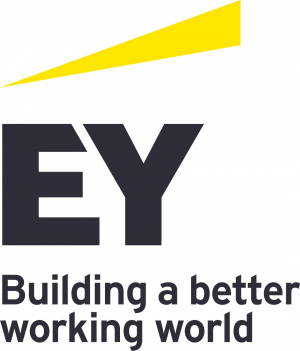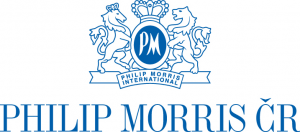GM Breakfast: Where are we and who do we have?
5.11.2015Company: Amcham
The question at this morning’s breakfast is one that is asked almost every time two managers meet: where do we find more qualified people? The easy answer is a better education system and a more skillful immigration policy. Well, okay. But every advanced economy on the planet (and perhaps beyond) asks the same question and answers it similarly. We have to dig deeper for a more effective answer.
Education depends on economics as well. Every school and every teacher reacts to economic stimuli. Universities in the Czech Republic receive rewards for having students enrolled in their school. Professors and other lecturers are rewarded for being employed to teach for a long time and for getting research papers published. Companies want students who can become productive employees.
These are very different incentive systems. That does not necessarily mean that they lead to different outcomes. The chances of conflicting outcomes, however, are increased, and the opportunity for complementary outcomes decreased. Is there a way to alter each incentive to increase the chance they complement each other instead of conflict? Could universities be given incentives that reflect different outcomes than gross number of students enrolled? Could professors be rewarded for the quality of their research, and could some differentiation in salaries reflect the desirability of their subject on societal needs? Could companies be let inside the ivory tower in order to fund faculty chairs, provide internships, and design, as well as teach, special skills?
Ladislav Kucera of Hays reminded us the situation is not grim. His company, Hays, recently compiled their Global Skills Index. The Czech Republic did pretty well. This reflects the high position the country holds in Harvard’s Atlas of Economic Complexity.
But today is never good enough for tomorrow. The Czech Republic’s greatest economic asset is its people. And education is what adds value.
Other insights from the breakfast:
- Vaclav Novotny of Advanced Risk Management noted that the economic is moving well at the moment. He reminded us that two causes of growth– high government spending based on EU money and the low interest rate environment– are not permanent. It raises the question of whether we are flying or falling with exuberance.
- Hannu Kasi of ABB said internal research ranked the Czech Republic as one of the EU country’s with the lowest amount of automatization in its manufacturing. With lending rates so low, companies are forfeiting a great opportunity to increase productivity.
- Klaus Pilz of the Vienna House said occupancy levels in hotels are high. One threat to the industry: AirBNB now has an estimated 4000 rooms available in Prague. It is hard for hotels to compete with individuals who pay no taxes and are not required to follow regulations.
More information can be found in the attached minutes from the GM Breakfast held by AmCham on November 4, 2015.







